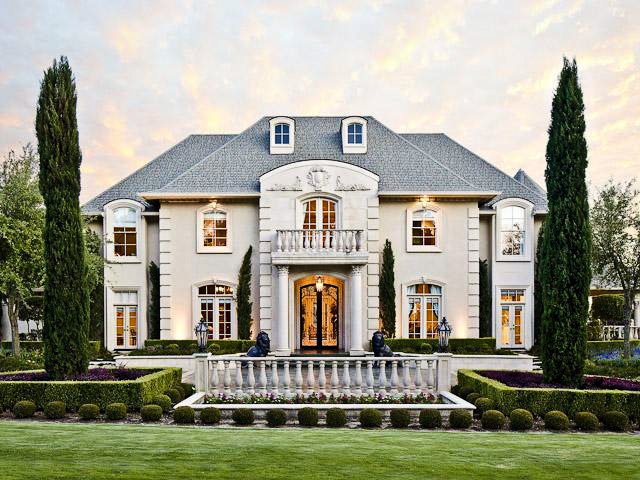
“.... [how can anyone] be silly enough to think of himself
better than other people...” – Thomas Moore, Utopia
The thought raced across my mind as I reflected upon fellow
classmates going for the throat in a heated debate of who was right. I couldn’t
help but to imagine that this I is what Martin Luther would have sounded like
in the Discourse of Free Will, if I
had been present to hear his words. Mercy
and compassion were unknown companions as every voice bellowed over the next.
“Everything is about exploration. Everything is a brave new
world,” Charles proclaimed. “Yes, what were they exploring? The past,” echoed
Macey. “You’re all wrong. Nothing would have happened without the printing
press,” Jerrick assured us. “The Reformation was clearly the pinnacle,” James
stated. “But everyone made their contributions in the fashion of Sprezzatura,”Joseph
concluded. Secretly, I knew humanism was the driving force behind it all
though. We trace the start of the Renaissance to Petrarch’s decent to the
mountain and we consider him to be the father of humanism.
Surely, I was
correct. But much as Moore suggests, is one better than the other?
How silly for us to think that one idea is superior to the next. However I
understand where the notion comes from. As a younger sibling, I grew up with
the notion that I was wrong. Regardless of my words. My actions. My thoughts. I
was simply wrong. By the time I got to high school I too had a Petrarch like
discovery. I wasn’t wrong at all. In fact, I very well could be right about
many things! From that day forward, a Renaissance took place within my heart. A
time of oppression and stagnancy quickly faded as I began to develop and grow.
Much like the Courtiers of old, I could do it all and nothing was going to hold
me back. My development did not occur all at once though. It took time.

The Renaissance did not come from a single action, a single
person, a single idea. Like a building, it came brick by brick. As my mind
returned to the conversation, I realized that in fact no one in my group was
correct. No idea was superior to the next but all were required to fashion the Renaissance.
Much like building a house, you need inspiration. You look up styles, layouts,
and such to see just the kind of house you would like to build just like the
Renaissance referred to ancient texts. Next you, like Columbus or Magellan, scout
out the perfect piece of land. Once you know where it will be build, you lay a
foundation and Petrarch’s idea of humanism set the stage for the Renaissance.
After the foundation is set, ingenuity allows the home to take shape and it was
ingenuity that brought about Gutenberg’s printing press and the Protestant
Reformation. Though it took a great deal of time and effort, you look back at the
house and realize that although it took hard work, building the house comes to
feel effortless like the whit and nonchalance of spezzatrua. No one part was better than another but all
were required to produce the house.
 Turns out Moore was right. How silly of us to argue for superiority for every piece was necessary to complete the puzzle we call, the Renaissance.
Turns out Moore was right. How silly of us to argue for superiority for every piece was necessary to complete the puzzle we call, the Renaissance.
Reading your post made me chuckle. It seems so true to me that we get bogged down in our own thinking and self glorification that we fail to see the bigger picture. Your insight into that the renaissance was a cumulative effort hits it right on the head. How can we think that it was only one factor that determined the Renaissance? It seems arrogant to think that we can.
ReplyDelete